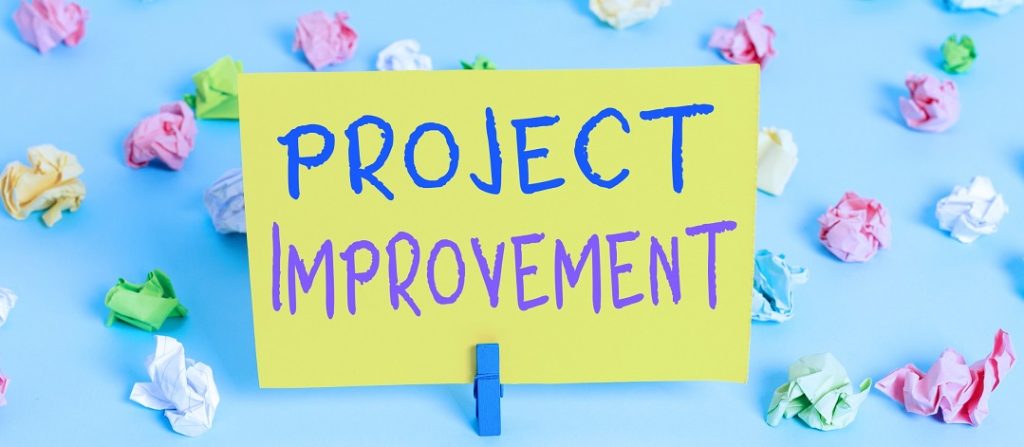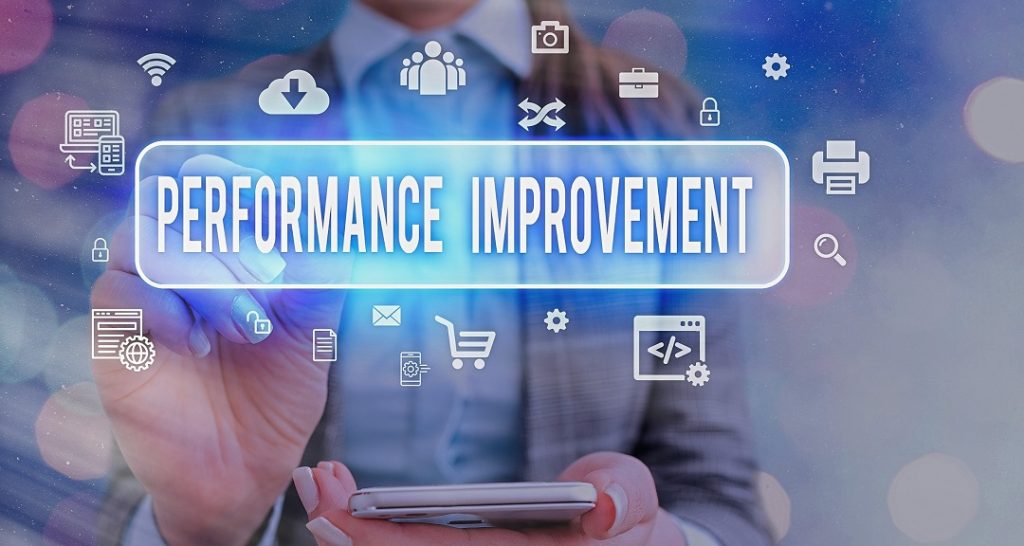Organising a multi-session event isn’t a small task. But proper planning and effective management can surely be a powerful tools for bringing people’s insights together, sharing their valuable knowledge, and achieving common goals.
In this complete guide, we’ll try to cover everything you must know about planning and managing a multi-session event. Here, we will focus on discovering the key questions to ask yourself when determining the purpose and goals of your event. Also, from highlighting the objective of your event to enlisting speakers, marketing, logistics, and overall implementation, we’ve got you covered.
Guide to preparing for the multi-session event:
So, whether you’re planning a multi-session seminar, a training program, or a conference, this article will provide you with the essential tools you require to sell tickets at the maximum number and make your event a success. So, let’s dive in and start planning your next multi-session event!
Determine the purpose and goals of the event–

Before starting the preparation, take a moment to imagine the ultimate purpose and goals of your multi-session event. Ask yourself:
- What is the ultimate objective of the event? Is it to teach, inspire, network, or something else?
- Which audience are you targeting for the event sessions?
- What specific goals do you aim to achieve? Is it increased knowledge, skill development, business growth, or fostering collaborations?
- How will you consider the success of the event? What metrics or indicators will you use to evaluate its impact and effectiveness?
You will build a clear foundation for your event by answering these questions, ensuring that every aspect of the planning process aligns harmoniously with your overarching purpose and goals. Now you can decide the track and take preparation based on that. Multi-sessions tend to be a bit more hectic as it requires multiple arrangements. So, you need to decide the goals beforehand.
Set your speakers–

Now that you have determined the vision for your multi-session event, it’s time to find the perfect speakers who will ignite inspiration and captivate your audience. Follow these steps to make a compelling call for speakers:
- Pen an attractive and personalised invitation that highlights the uniqueness of your event. Showcase your event’s purpose, theme, and exciting opportunities. Paint a vivid picture of the experience speakers will have and how their expertise can make a meaningful impact.
- Cast your network wide enough to reach out to renowned experts and influential figures in your field. Search for individuals who have a deep understanding of the subject matter and can deliver engaging and thought-provoking presentations.
- Aim for a diverse line-up of speakers to bring fresh perspectives and ensure attendees’ rich and inclusive experience. Consider factors such as gender, ethnicity, expertise, and experience to create a well-rounded program.
- Clearly outline the expectations and requirements for speakers, including each session’s format, duration, and any specific themes or topics you’d like them to cover. Share guidelines for presentation materials, audio-visual needs, and any support you’ll provide during their preparation period.
- Highlight the unique benefits and opportunities that speakers will gain from participating in your event. Mention exposure to a relevant and engaged audience, networking prospects, and the chance to position themselves as thought leaders in the industry.
Develop a budget and secure funding–

Developing a comprehensive budget and securing funds is essential to planning a successful multi-session event. By efficiently managing your event’s finances, you can ensure smooth execution and deliver a memorable experience for your attendees.
It’s crucial to estimate all the expenses associated with your event. Take the time to recognise and account for every cost, ranging from venue rental equipment to catering, marketing materials, speaker fees, staff/volunteer expenses, insurance, and other relevant items. Once you have clearly calculated your expenses, it’s time to prioritise budget items. Determine which elements are essential to the success of your event and assign funds accordingly. For instance, you might want to allocate a significant portion of your budget to locking high-quality speakers while managing other expenses more conservatively.
Researching potential revenue sources is the next step. Explore different sources to fund your event, such as registration fees, sponsorships, partnerships etc. When the concern is funding your multi-session event, one powerful strategy is to sell online event tickets. These platforms provide a seamless and user-friendly ticket-purchasing experience for attendees. Selling tickets allows you to gauge interest in your event and accurately plan for attendance numbers, ensuring a well-organised experience for all.
Throughout the planning process, actively monitor your expenditures and control costs. Regularly review and compare actual costs against projected expenses to make sure that you don’t exceed your financial limits.
Do the Marketing–

Now that your multi-session event is taking shape, it’s high time to ignite excitement and drive ticket sales through effective marketing strategies. Here are some engaging approaches to promote your event:
- Utilise visually appealing graphics, videos, and images that capture the essence of your event.
- Develop persuasive and compelling messages that highlight the unique benefits and experiences attendees will gain.
- Use social media platforms‘ powerful reach to a broader audience by creating engaging content, such as teaser videos, speaker spotlights, and behind-the-scenes glimpses.
- Partner with influencers to promote your event through guest blog posts, social media takeovers, or interviews.
- Develop a targeted email marketing strategy to reach your audience directly, and don’t forget to segment your email receivers based on interests, demographics, or past engagement.
- Create a sense of urgency by offering exclusive early bird discounts or additional perks while you sell your event tickets.
Maintain a punctual and well-organised event agenda–

In order to ensure a seamless and memorable experience for all attendees, it is crucial to keep your event agenda on track and running smoothly. Here are some engaging tips to achieve this:
- Be Time-Conscious: Time is of the essence during your event. Start and end sessions promptly to maintain a sense of professionalism and respect for attendees’ schedules.
- Assign Sufficient Time: Adequately allocate time for each session, allowing for a balance between content delivery, discussions, and breaks. For refreshment, focus on the entertainment segment also, be it the photo session, food segment or any fun games arrangement.
- Utilise Technology: Leverage technology to your advantage, like using event management software or apps that provide features such as session reminders, real-time updates, and attendee tracking.
Evaluate and work for improvement–

Assessing your multi-session event and continuously striving for betterment are essential practices to enhance future iterations and deliver an exceptional experience. Here’s an insight into how you can effectively evaluate and work towards improvement:
Solicit Feedback–
One of the most useful sources of insight comes from those who experienced your event firsthand. Encourage attendees, speakers, and staff to provide valuable criticism on their event experience. Utilise surveys or interactive sessions to gather their thoughts, suggestions, and areas for improvement. Pay attention to both quantitative data as well as qualitative feedback that captures attendees’ perspectives and suggestions.
Assess Key Metrics–

To measure the success of your event, measure key performance indicators (KPIs) that align with your event’s goals and objectives. These metrics may include attendance statistics, participant engagement levels, session ratings, revenue generated, or any other specific goals you set. Compare these metrics against your predetermined targets to evaluate the overall success of your event.
Continual Learning–
Reflection is an influential tool for growth and improvement. Engage in post-event discussions and debriefings with your team to capture and document lessons learned. Encourage open and honest conversations to recognise what worked well and areas that could be enhanced. Share insights and experiences among team members to foster a culture of continual learning. Embrace a growth mindset that recognises the value of feedback and encourages innovative ideas for improvement.
In conclusion, planning and managing a multi-session event requires careful attention to detail, effective communication, and a commitment to delivering an extraordinary experience for attendees. By following a systematic approach and implementing the steps outlined in this article, and overall managing a punctual attitude in managing the event, you can navigate the complexities of event planning and create a memorable occasion that aligns with your goals and exceeds everyone’s expectations.




